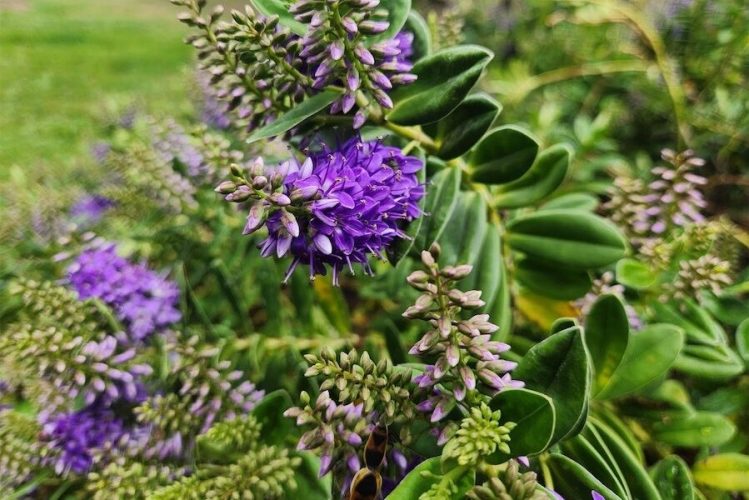
Vegetables, such as tomatoes, zucchini and capsicums, will be ripening in the summer heat and sun, writes gardening columnist JACKIE WARBURTON.
Fast-growing plants need water to grow fast and be ready for flowering and harvesting.

Knowing which vegetables and flowers need what amount of watering is the key to efficient watering, maximising yield and to decrease our water consumption.
Watering is best done in the morning, around the rootball of the plants and try not to water the leaves of plants to prevent any fungal or powdery mildew issues further down the track.
Good airflow and space is required around disease-prone plants, such as zucchinis and plants of the Solanaceae family, which are tomato, capsicum and eggplants.
Fungal and powdery mildew are easy to see – grey blotches under or on top of the leaf and, once these blotches appear on the leaves, the fungal infection will be throughout the systemic system on the plant. In severe cases, plants will need to be pulled out and disposed of in the green bin. Fungal and bacterial diseases have been prevalent in our gardens in the last two seasons with the extra rain we have been having. It has also exacerbated green vegetable bugs, beetles and lots of other insects that have not been around for a few years.
Hand pick as many bugs as possible and, if there are no sprays used in the garden, in time there will be smaller birds and other insects to eat the bad bugs, and the garden will eventually find its ecological balance. Continue to plant flowers to attract them all in the first place.
Now’s a good time to assess the garden and see what does well in the heat and what plants grow well with little or no water. If it grows well, repeat it and that will also reduce the maintenance in the garden as well.
IRIS can be good plants in our climate and there are so many to choose from. The most common is the flag iris, which flowers around November. However, once the stem is cut, it goes into summer dormancy. It still has strappy foliage that is good as a filler in the summer garden that doesn’t need water.
One that flowers now and requires little or no maintenance is the satin flower (Sisyrinchium striatum). This plant survived in a garden that has not been watered for more than five years. These types of tough, old-fashioned plants will come back into fashion when we come to the dry times ahead.
Its blue-green sward-like leaves are interesting in themselves but the lovely buttery yellow flowers really can put on a show when mass planted.
They don’t have a problem with being hot and dry and rabbits leave them alone, too.
The other popular Sisyrinchium is Devon Skies (angustifolium) and the cobalt-blue flowers are striking.
Dividing the clump every few years will increase the flowering. Hebes make a good companion for satin flowers. They can withstand the same conditions and flower through the summer months and contrast well in the garden.

HEBES have many species that grow well, they are evergreen and can give structure in the garden and flower in summer. Their flower colour is from white to pink and to purple and blue.
They are from the foxglove family and have the same flower shape of a spire but only some are fragrant. They only need a little trim after flowering to keep them in shape and some varieties with smaller leaves grow well as small hedges and in pots. They are easy to propagate at this time of the year.
Jottings
- Sow seedlings of broccoli, brussel sprouts and cabbage.
- Seaweed solution over the leaves of vegetables once a fortnight.
- Plant out seedlings of beetroot, lettuces and silverbeet.
- Prune stone fruit trees.




Leave a Reply